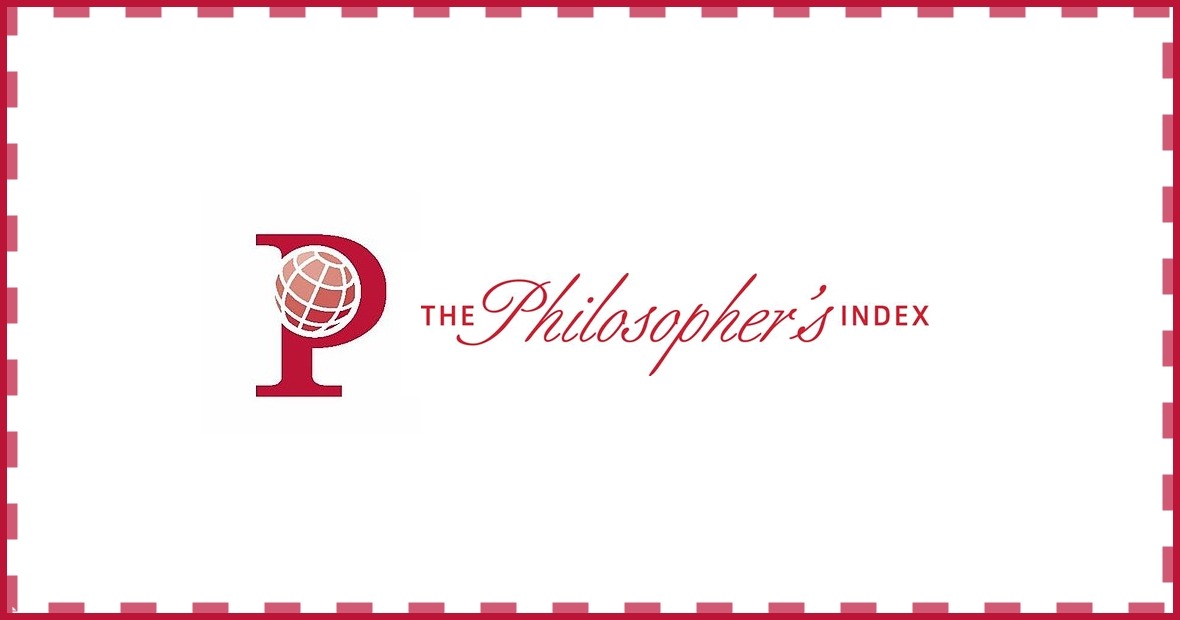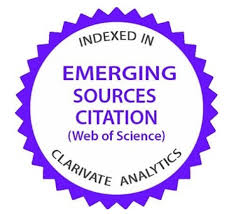THE CONTEMPORARY TRANSFORMATION OF HERMENEUTICS AND THE EPISTEMOLOGICAL STATUTE OF HISTORY
Abstract
In the contemporary philosophical discussion of the epistemological status of historical knowledge, a growing approximation between previously opposed theoretical traditions can be detected for at least twenty years. This convergence can be defined as a weakening of the traditional dualism that split «explanation» and «understanding». Within the framework of the philosophy of science and the analysis of language, dominant in the Anglo-Saxon world, this weakening has resulted in the criticism and abandonment of the Hempelian Covering Law Model as an adequate representation of the explanatory processes in history. On the other hand, this «explosion of the nomological model», as designated by Ricoeur1, has led to the design of more or less mixed epistemological alternatives (Dray, Von Wright) that combine understanding with the explanatory introduction of causal analysis. To this epistemological renewal must be added the attempts to establish the narrative peculiarity of the historical discourse (Gallie, Danto, Hayden White), as well as the post-Pompist theories of science (Hanson, Kuhn, Toulmin, etc. )which, by breaking with the excision discovery/justification context, introduce the relevance of understanding in the natural sciences. To this transformation of the analytical tradition corresponds another, almost parallel in time, that affects the hermeneutic tradition, the main representative of the reflective tradition in the framework of contemporary thought. In this dissertation it is precisely a question of outlining the novelty that establishes the hermeneutic postheideggerian (Gadamer, Habermas, Ricoeur), regarding its romantic and historicist version of the problem of historical knowledge. It is a question of demonstrating through a comparative analysis, the existence of this transformation, and of highlighting the new possibilities that this change introduces to articulate the hermeneutic reflection with the analytical philosophy of history and with the discourse of historians. To this end, the exhibition will follow two different steps; first, the fundamental assumptions of historicist and romantic hermeneutics that have been justly modified in their contemporary version will be specified; In second place they refer to the channels of this rectification through the contributions of Gadamer, Habermas and Ricoeur, pointing out their intersections and their divergences.
Downloads
Downloads
Published
How to Cite
Issue
Section
- Abstract 35
- PDF (Español (España)) 11







